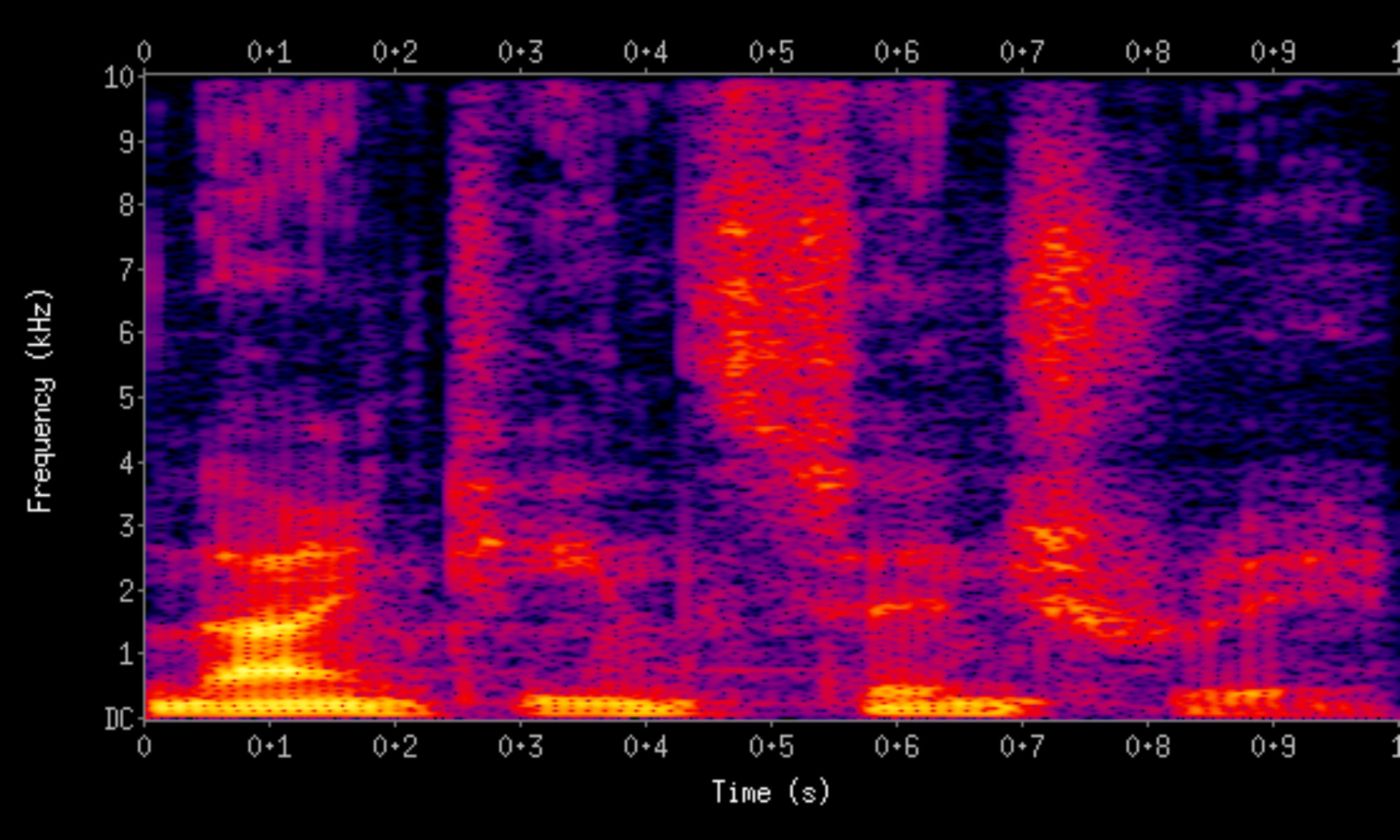GIS Parolothèque, a research platform on medical speech data

Understanding and accompanying cancer patients? Computer science is tackling this social and public health issue. The Groupement d’Intérêt Scientifique (GIS) Parolothèque, created in 2021, aims to create a database of voice recordings, in the medical context and on the model of the tumor library. The SAMoVA team of the Signals and Images Department (SI) works in collaboration with the CHU, the Oncopole and various research laboratories, involved in an interdisciplinary approach.
What is the parol library?
In oncology, speech can be considered as a biographical sample, which can be stored in a library or database called a “parol library”. By analogy with tumor libraries, a Parolotheque is a bank of recorded speech samples obtained from speech and language assessments. These recordings are obtained from interviews conducted with people concerned by tumor pathologies. This database allows the conservation of the voice recordings, the availability of these recordings to the scientific community and the enrichment of the data by automatic analyses. These samples will be kept in digital format on a server dedicated to the storage of sound recordings. They will be listed in a database enriched with information allowing their archiving and their exploitation on request.
What will such a database be used for?
The main objective of this project is to establish a corpus of voices and speech of cancer patients. The human approach of such a project is interesting, in a context where human sciences are more and more coupled to medicine. This corpus of voices and speech can then be analyzed and studied, both from the point of view of its container (speech) and its content (discourse). It will allow the development of various multidisciplinary research axes. It could also open the way to the development of scientific publications in various fields such as human and social sciences, epidemiology, linguistics or computer science, among others.
The multidisciplinarity of the Parolotheque concerns more precisely the following axes
- research of epidemiological factors;
- the design and study of the results of interviews describing the living conditions of people with cancer;
- patient support;
- analysis of the contents of semi-directed interviews with a sociological or psychological aim;
- the impact of communication disorders induced by cancer pathology;
- the possibility to allow a better information of the consequences of the treatments on the production of speech and the associated perception
- and the improvement of the therapeutic follow-up of patients who have received treatment.